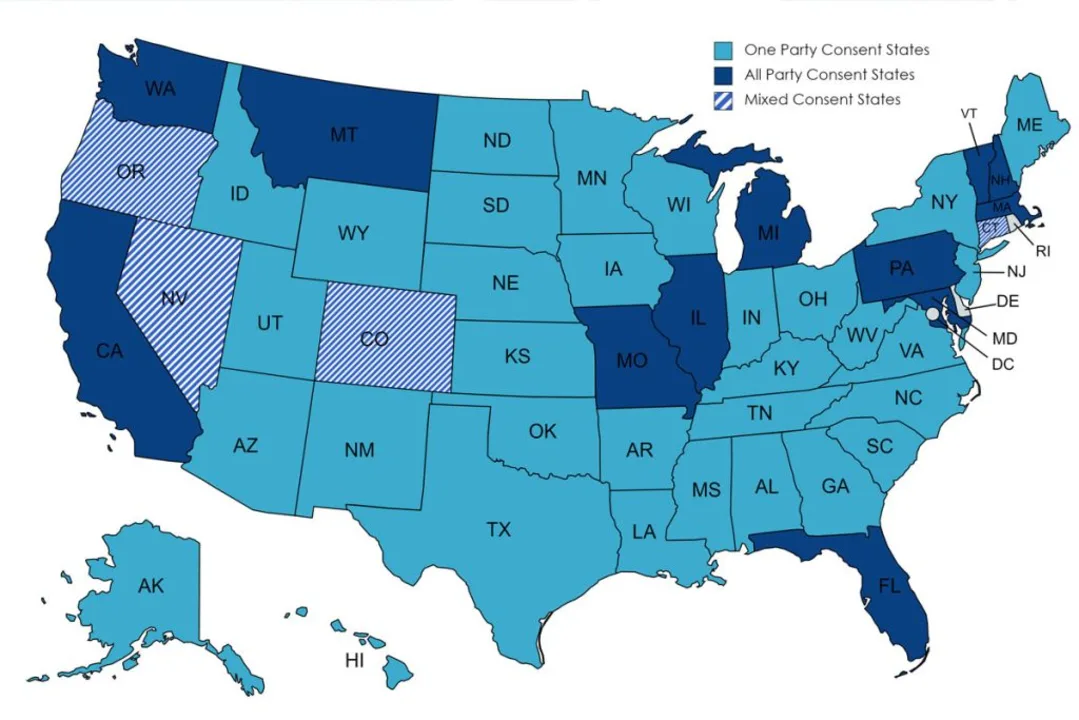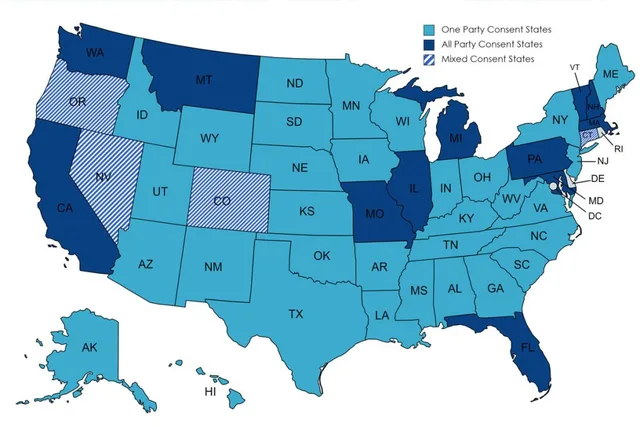Exploring the Legal Implications of Sharing Your Emails with a Third Party
As an individual, you have the right to keep your email messages private. But what happens when you share those emails with a third party, such as a business partner or vendor? Can you do so without running afoul of the law? To understand the legal implications of sharing your emails with a third party, you need to consider the laws governing privacy and data protection.
When it comes to email, the first thing to consider is that some email messages may contain confidential or sensitive information. The law requires companies to protect this information, and the same is true for individuals. If you share emails containing confidential or sensitive information with a third party, you could be subject to civil and criminal penalties.
The next issue to consider is data privacy. In the United States, there are laws that govern how companies must handle and protect the personal data they collect from customers or users. These laws require companies to take steps to protect the privacy of that data and to use it only in a manner that is consistent with their customers’ expectations. When you share your emails with a third party, you are essentially transferring the data to them, and you must ensure that the third party is in compliance with data privacy laws.
It is also important to consider the terms of service of the email service you are using. Many email services, such as Gmail and Outlook, have specific terms of service that dictate how you can use the service and how you must protect the data you share with them. When you share your emails with a third party, you are essentially transferring the data to them, and you must ensure that they comply with the terms of service of the service you are using.
Finally, there are laws that govern how companies must handle and protect the data they collect from customers or users. In the United States, the Federal Trade Commission (FTC) is responsible for enforcing these laws. When you share your emails with a third party, you should familiarize yourself with the FTC’s rules and regulations to ensure that you are in compliance with the law.
In short, it is important to understand the legal implications of sharing your emails with a third party. You should consider the laws governing privacy and data protection, the terms of service of the email service you are using, and the rules and regulations of the FTC. By taking the time to understand the legal implications of sharing your emails with a third party, you can help protect yourself from potential legal liability.
What You Need to Know Before Allowing Third Parties Access to Your Emails
Are you considering allowing a third party access to your emails? Before you do, it's important to understand the legal implications. It's important to understand exactly what you're agreeing to and the potential risks associated with sharing your emails.
In most cases, you are responsible for any information you share with a third party. If you're sharing emails with a third party, you need to make sure that the third party is aware of any applicable laws and regulations. You should also make sure to read any applicable terms and conditions before agreeing to anything.
The other important consideration is privacy. Even if you are sharing emails with a third party, you still have the right to keep your emails private. You should check that the third party has a privacy policy in place and that they will not be sharing your emails with anyone else.
It's also important to be aware of any potential security risks. You should check that the third party is using secure methods of communication and storage. Remember that any emails that you share with a third party may be stored on their servers and could be accessed by other people.
Finally, you should also be aware of any potential legal repercussions. If you're sharing emails with a third party, make sure that you understand how the information will be used and whether it could be used against you in a court of law.
Understanding the Risks and Benefits of Allowing Third Parties Access to Your Email Account
When it comes to sharing emails with a third party, there are both risks and benefits involved. It’s important to understand both before deciding if it’s the right move for your email account. While sharing your emails with a third party can open the door to a variety of opportunities, it’s important to take the time to understand the risks associated with such a decision.
The most important thing to remember is that email accounts are personal. They contain private information about your life, and this is something that third parties must respect. When deciding to share emails with a third party, it’s important to make sure that you trust them. If the third party is not trustworthy, then they could potentially use your emails for malicious purposes.
The other thing to consider is the potential security risk. When you share emails with a third party, they can potentially access your account. This means that they could potentially see all of your emails, including those that are private. If the third party is not trustworthy, then they could use this information to their advantage.
Another risk associated with sharing emails with a third party is the potential for data breaches. If the third party is not careful with their security measures, then they could potentially expose your emails to hackers or other malicious individuals. This could potentially lead to serious data breaches, which could lead to identity theft or other financial losses.
Despite the risks associated with sharing emails with a third party, there are also benefits. One benefit is that it allows you to access more emails. If you’re working with someone on a project, then you can easily share emails between you and the other person. This makes it much easier to stay on top of the project and ensure that everything is running smoothly.
Another benefit of sharing emails with a third party is that it can help you to keep track of conversations. If you need to reference a conversation, then you can easily access it through the third party. This can be very helpful if you’re trying to remember a discussion that you had with someone.
Ultimately, it’s important to understand the risks and benefits associated with sharing emails with a third party. If you do decide to share emails with someone, then make sure that you trust them. Make sure that they understand the importance of keeping your emails private and secure.

